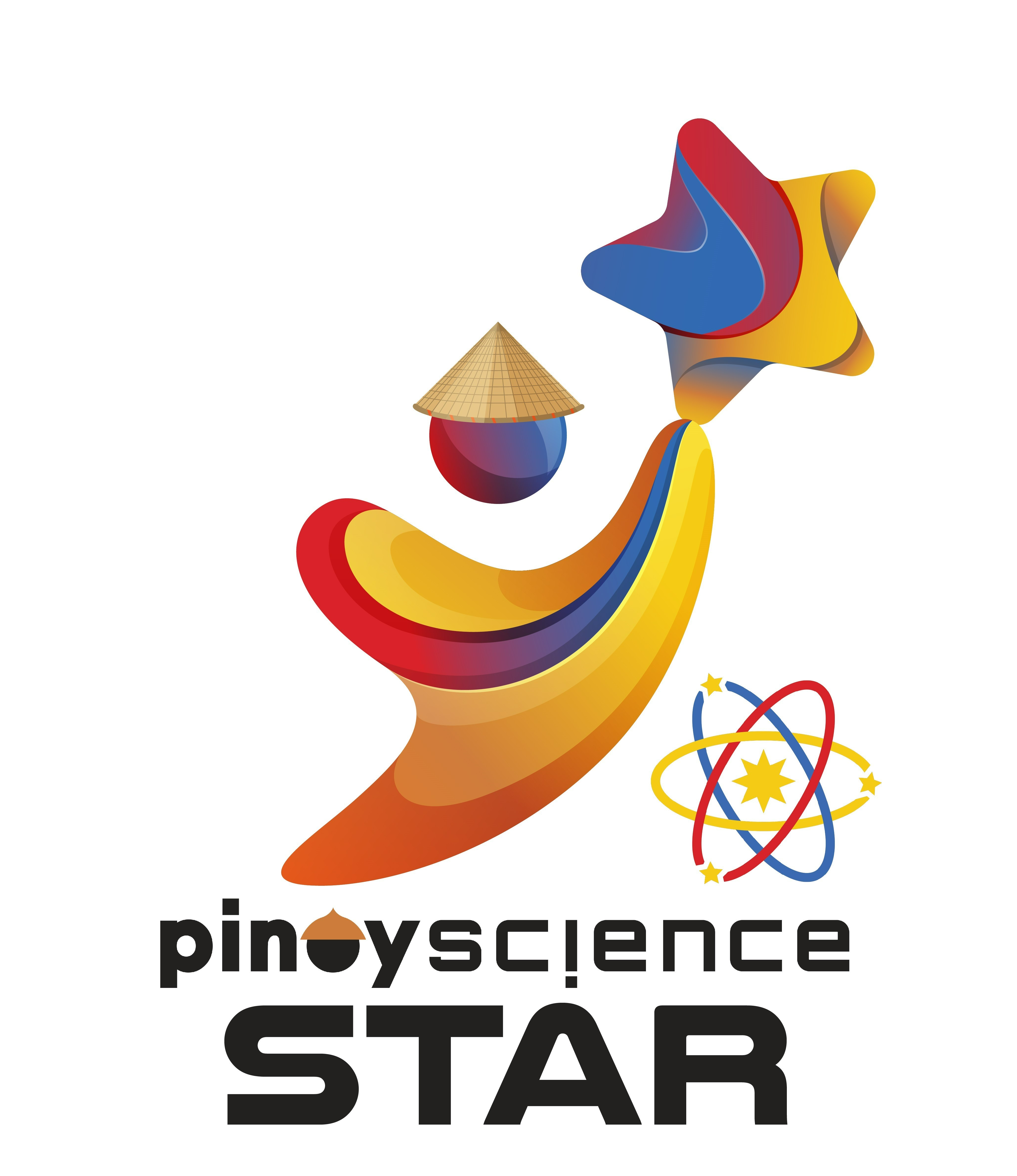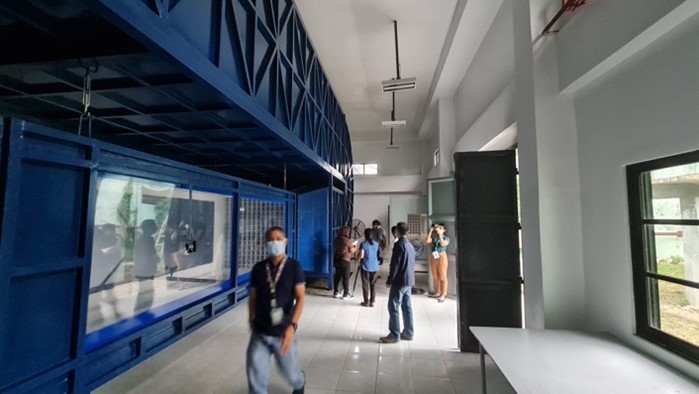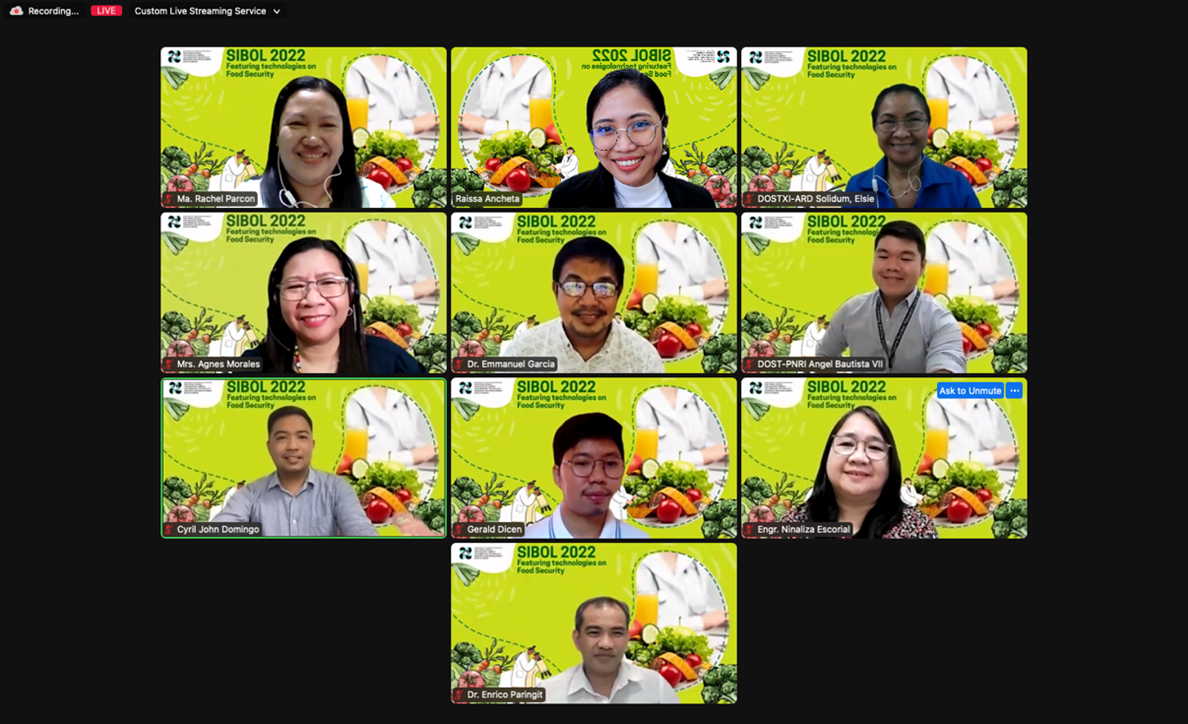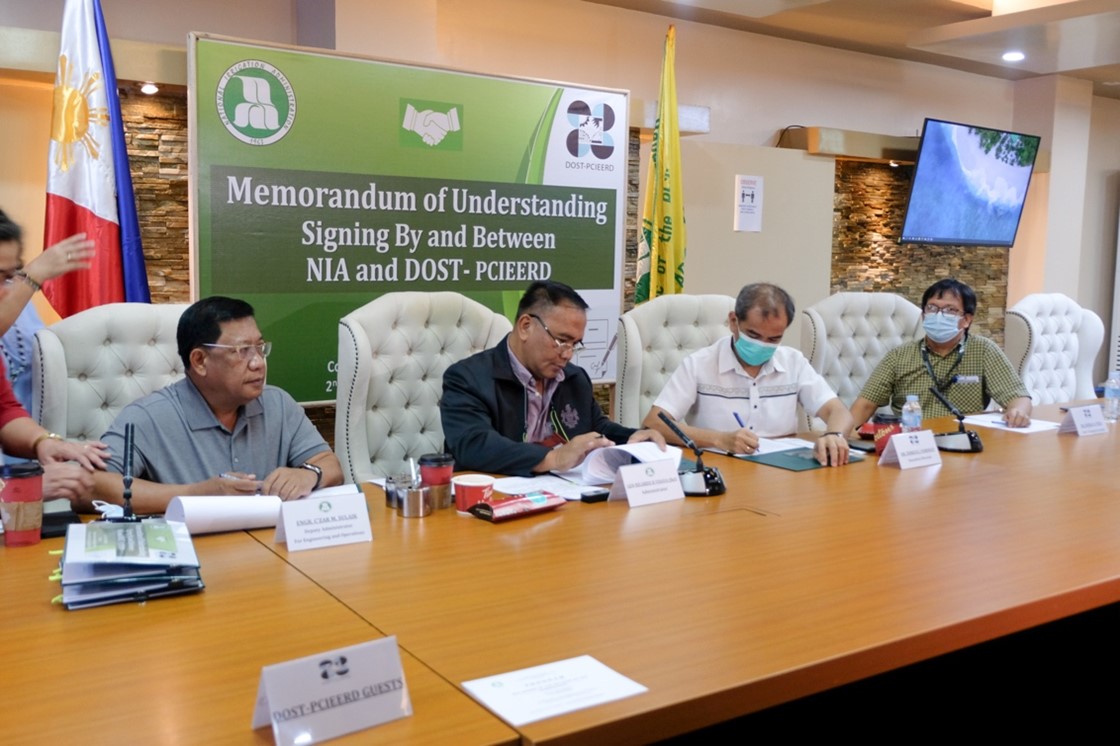August to October 2022
Pinoy Science STAR Camp 2022 is a search for potential talents to join the Pinoy Science pool of science and technology (S&T) content creators. The hailed Pinoy Science STARs will have access to Department of Science and Technology – Philippine Council for Industry, Energy, and Emerging Technology Research and Development’s (DOST-PCIEERD) training and knowledge sharing activities in producing effective contents on TikTok particularly about science and other educational approaches.
Timeline
| Particulars | Target Date |
| Media Launch | 22 August 2022 |
| Application Period | 22 August 2022 to 22 September 2022 |
| Evaluation Period | 23-26 September 2022 |
| Announcement of 30 Semifinalists | 28 September 2022 |
| Semifinals Workshop | 5 October 2022 |
| Sending of Semifinal Entries | 5-11 October 2022 |
| Evaluation Period | 12-13 October 2022 |
| Announcement of STAR Campers | 17 October 2022 |
| Confirmation of 10 STAR Campers | 17-19 October 2022 |
| STAR Camp | 26-28 October 2022 |
| Evaluation | 28 October 2022 |
| Announcement of Pinoy Science STARs | 28 October 2022 |
Guidelines
Application
- Open to the public age 18 years old and above residing in the Philippines with active TikTok account
- STAR applicants must create and upload a creative video of him/her with #PinoyScienceSTARako. The introduction video shall contain and explain the following:
- Name
- Explain the science behind one of DOST-PCIEERD’s technologies
- DOST-PCIEERD technologies can be accessed at https://tinyurl.com/DOSTPCIEERD-CompletedProjects
- Why should you be the next Pinoy Science STAR?
- Video entries should follow the Content Format Guidelines. See the requirements below.
- All entries shall be set to public
- One account per unique TikTok user may submit one video entry.
- The application will run for one month: from 22 August 2022 until 22 September 2022
Content Format Guide
- Use simple words that can be easily understood by high school students
- Overall video length: 1 minute to 3 minutes
- Orientation: Vertical (Formatted to be viewed on a smartphone screen)
- Dimension/Resolution: 1080×1920
- Aspect ratio: 9:16 (The aspect ratio should be that of a standard smartphone screen)
- File type: .mp4 and .mov files
- Music to be used in the videos should be allowed for commercial use on TikTok
Evaluation
- Entries will be based on the following Criteria:
Delivery of Scientific Knowledge - 35%
Accuracy of Information - 25%
Visual Appeal - 20%
Creativity - 15%
Online Impact (Computation based on engagement rate) - 5%
Announcement of Semi-finalists and STAR Campers
- Among the application entries nationwide, only the top 30 entries will proceed to the semifinals. Announcement of semifinalists will be conducted online.
- Semifinalists are invited to join a virtual training and workshop for free to equip and further improve their skills and capabilities on creating online and impactful contents.
- The semifinalists will be challenged to create contents that promote more DOST-PCIEERD's programs and research innovations.
- The top 10 entries from the semifinals challenge will move forward to the Finals.
- The announcement of 10 finalists or STAR Campers will be done virtually via Pinoy Science Facebook page and TikTok Live.
- The 10 STAR Campers should confirm their participation in the STAR Camp on or before 19 October 2022, 5:00 PM. Failure to confirm may forfeit their chance to join the camp. The others in rank will be invited to join otherwise.
STAR Camp: The Finale
- The STAR camp will be a 2-day learning and contest activity. To foster hands-on and more interactive training among the campers, the camp shall be conducted face-to-face in compliance with the health and safety protocol of Inter-Agency Task Force (IATF).
- Prior to the face-to-face activity, the content topics for the contest will be assigned to the campers to give them ample time to conceptualize their content. The training discussions during the star camp will help them refine their concept and give them a chance to consult invited experts.
- Invited experts are those who have expertise in content creation, social media marketing/communication, and research.
- Pinoy Science organizers will provide the accommodation and food for all the invited speakers and campers for the whole duration of the event. Travel expenses of the STAR campers will be shouldered by the organizing institution.
- The final pool of Pinoy Science STAR composed of five (5), will be announced at the latter part of Day 2 program.
Output of the STAR Camp
- Content topics to be submitted by the campers should feature the projects and programs of DOST-PCIEERD. Submitted TikTok entries from the campers shall be featured on Pinoy Science TikTok and other social media accounts.
- The five (5) best content creators based on the entry evaluation of the judges will be part of the Pinoy Science STAR.
- The official Pinoy Science STARs will be tapped by DOST-PCIEERD to create contents for Pinoy Science social media channels. Request for content is bonded with necessary honoraria upon completion. Rates for honoraria shall follow the Department of Science and Technology (DOST) Memorandum Circular No. 001, series of 2003, otherwise known as "Revised Implementing Guidelines on the Honoraria to Personnel whose Services are Engaged by the National Science and Technology"
- The official Pinoy Science STARs will have access to DOST and DOST-PCIEERD learning and development activities and networking and linkages opportunities.
Prizes
Semifinals
- Free training and workshop
- Electronic certificate
10 STAR Campers
- Certificates
- Pinoy Science and DOST-PCIEERD merchandise
- TikTok Merchandise
Pinoy Science STARs
A total of 2000 US dollars’ worth of exclusive perks will be given away for the hailed Pinoy Science STARs plus some exclusive rewards from Pinoy Science and TikTok!
- Each of the three (3) Pinoy Science STAR will receive 500 USD exclusive perks from TikTok together with the following:
- Certificates
- Pinoy Science and TikTok plaque/badge
- Pinoy Science and DOST-PCIEERD merchandise
- TikTok Merchandise
- Two special awardees will be chosen by DOST-PCIEERD. They will be part of the final pool of Pinoy Science STARs. They will receive the following:
- 250 USD exclusive perks
- Certificates
- Pinoy Science and TikTok plaque/badge
- Pinoy Science and DOST-PCIEERD merchandise
- TikTok Merchandise
Note: The TikTok management will be one to send the exclusive perks to the five (5) Pinoy Science STARs
Terms and Conditions
- TikTok STAR Camp is open to the public age 18 years old and above residing in the Philippines.
- By sending entries to Pinoy Science STAR Camp, the participant allows DOST-PCIEERD, without compensation now and the future, to use his/her video/image and/or any statements in the submitted entry from publications, advertising, or other media activities including the Internet.
- Participants should adhere to TikTok Community Guidelines as stated at www.tiktok.com/community-guidelines
- The participants shall be deemed to have read and understood the mechanics, Terms and Conditions of the contest, and to have expressly agreed to follow, be bound by and to always comply therewith.
- Pinoy Science organizers reserve the right and have absolute discretion to disqualify any participant who violates any part of the contest guidelines.
- In case of any dispute, the decision of the Pinoy Science organizers shall be final, binding, and unappealable.
- Pinoy Science organizers reserve the right to modify, change, or revise the rules and mechanics of the contest at any time without prior notice and in consultation with DOST-PCIEERD management.
Inquiries
All inquiries for the Pinoy Science STAR Camp should be sent to This email address is being protected from spambots. You need JavaScript enabled to view it.
Follow the social media platforms of Pinoy Science for more updates!
Facebook Page: www.facebook.com/pinoyscience
TikTok: www.tiktok.com/@pinoyscience







